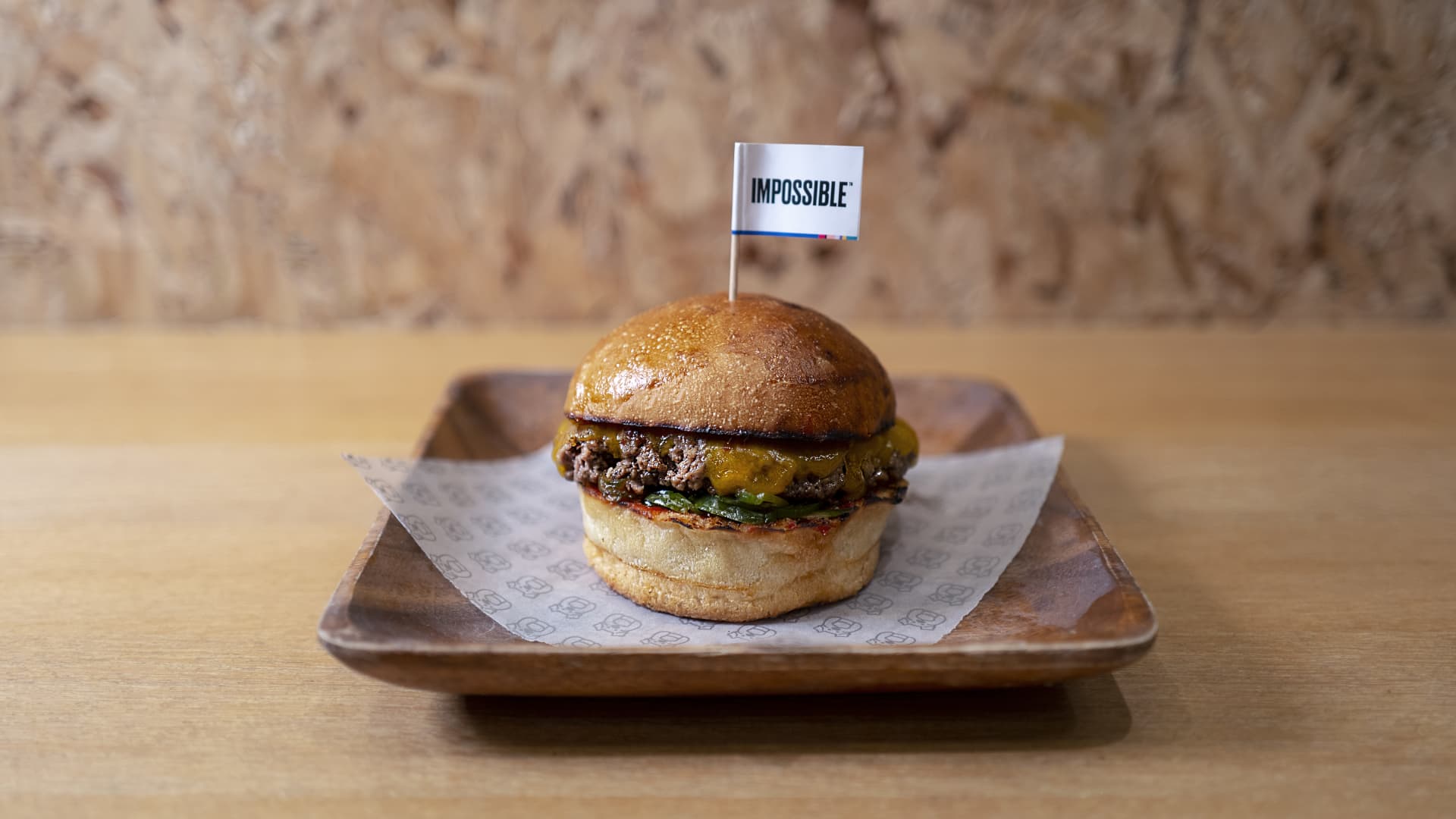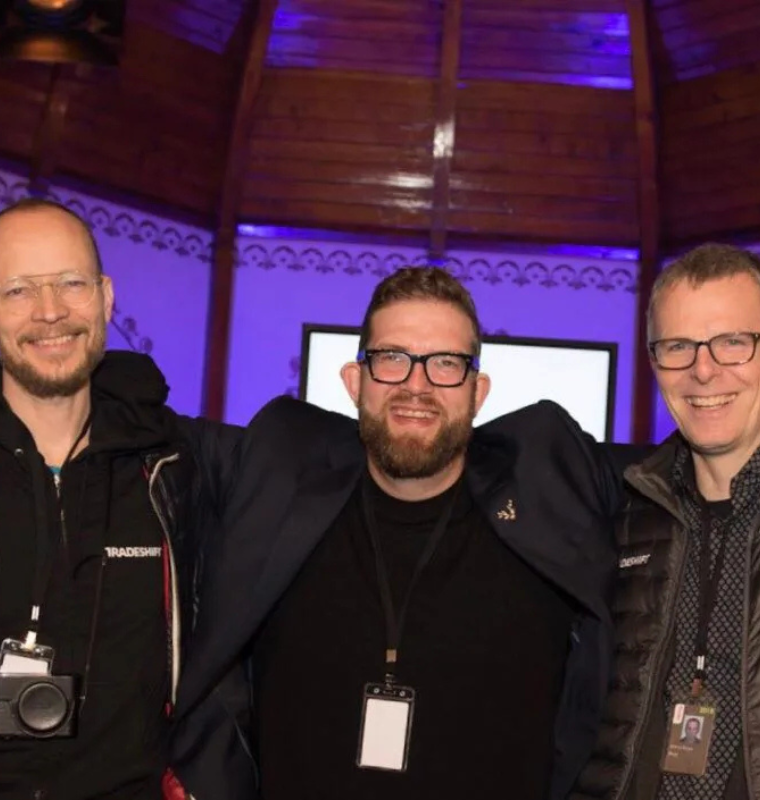Impossible Foods — The Startup Reinventing Meat for a Sustainable Future
Impossible Foods — The Startup Reinventing Meat for a Sustainable Future
By
Junia Wells
Last updated:
October 3, 2025
First Published:
November 30, 2025

A New Era in Food
Impossible Foods, founded in 2011 in Redwood City, California, is redefining how the world consumes meat. The startup’s mission is ambitious: to eliminate the environmental impact of animal agriculture by creating plant-based alternatives that taste and feel like real meat. Its flagship product, the Impossible Burger, has become a symbol of sustainable innovation in the food industry, attracting global attention from investors, restaurants, and consumers alike.
Founding Story
Impossible Foods was founded by Pat Brown, a former Stanford biochemistry professor, who saw the environmental consequences of traditional meat production—deforestation, greenhouse gas emissions, and water overuse. Brown believed that creating plant-based proteins indistinguishable from meat could address these challenges.
With a focus on rigorous scientific research, the company developed the key ingredient heme, a molecule found in both plants and animals that gives meat its distinctive taste and aroma. By 2016, Impossible Foods introduced the Impossible Burger, which gained immediate attention for its realistic texture and flavor.
Funding and Growth Milestones
Impossible Foods’ journey has been fueled by substantial venture capital and strategic partnerships:
- 2014–2016: Seed and Series A funding from Bill Gates, Khosla Ventures, and Horizons Ventures.
- 2017: Raised $108 million in Series C, enabling large-scale production of the Impossible Burger.
- 2019: Series E funding of $300 million, boosting its valuation to over $2 billion.
- 2021–2023: Achieved a valuation of $4 billion and expanded into international markets, including Singapore, Hong Kong, and Canada.
The company’s rapid growth is driven by partnerships with major food chains like Burger King, Starbucks, and Qdoba, allowing millions of consumers to access plant-based meat easily.
Business Model and Technology
Impossible Foods’ business model centers on research-driven product development and partnerships with restaurants, grocery stores, and retailers. Its proprietary technology focuses on:
- Heme production: Derived from soy leghemoglobin to replicate the taste and aroma of meat.
- Scalable manufacturing: Advanced fermentation processes for mass production.
- Retail and foodservice distribution: Supplying plant-based meat directly to restaurants and supermarkets.
The company also invests heavily in R&D to expand its product line beyond burgers, including sausages, ground beef, and dairy alternatives.
Market Impact
Impossible Foods has made a significant impact on both the food industry and the environment:
- Sustainability: Produces up to 89% fewer greenhouse gas emissions, uses 87% less water, and 96% less land than traditional beef.
- Consumer adoption: Millions of servings sold worldwide, driving awareness of plant-based diets.
- Industry disruption: Competitors like Beyond Meat, Nestlé, and traditional meat companies are innovating faster due to Impossible Foods’ influence.
Its success has made Impossible Foods a case study in how science-driven startups can create global impact while appealing to mainstream consumers.
Challenges and Controversies
Impossible Foods has faced challenges typical of disruptive startups:
- Regulatory approvals: Gaining FDA approval for heme and other ingredients in international markets.
- Competition: Facing intense rivalry from Beyond Meat and other emerging plant-based protein startups.
- Pricing and scalability: Keeping products affordable while scaling production and maintaining quality.
Despite these hurdles, the company has consistently adapted by investing in manufacturing, marketing, and scientific research.
Future Outlook
Impossible Foods is focused on further innovation and global expansion:
- Introducing next-generation plant-based proteins for seafood, chicken, and dairy.
- Expanding production facilities to meet rising global demand.
- Continuing to influence the broader sustainable food movement by making plant-based diets more accessible.
For entrepreneurs, Impossible Foods’ journey highlights the power of combining science, vision, and market strategy to create products that are both profitable and environmentally transformative.
Impossible Foods demonstrates that startups can disrupt massive industries through innovation, sustainability, and consumer-centric design. From a small lab in Silicon Valley to a global plant-based meat leader, Impossible Foods is reshaping the way people eat, proving that doing good for the planet and building a successful business can go hand in hand.
Popular articles
Subscribe to unlock premium content
Electric Dreams on Demand

Tokyo’s Futuristic Gardens of Prestige

Elevating Perspectives with Drone Photography

Electric Dreams on Demand

Tokyo’s Futuristic Gardens of Prestige

Electric Dreams on Demand



.webp)





